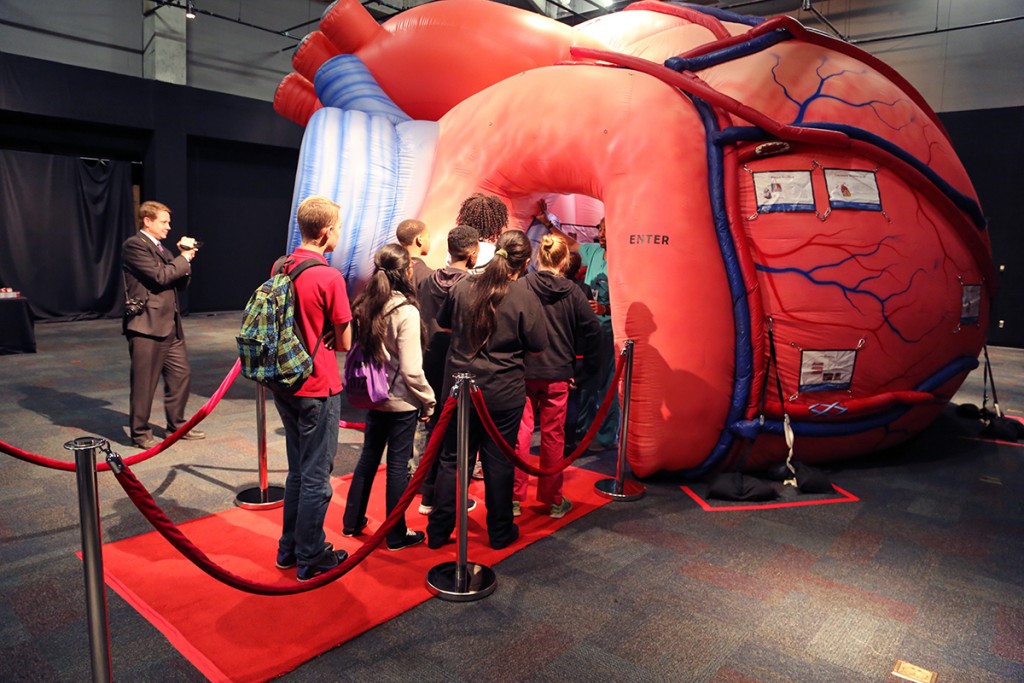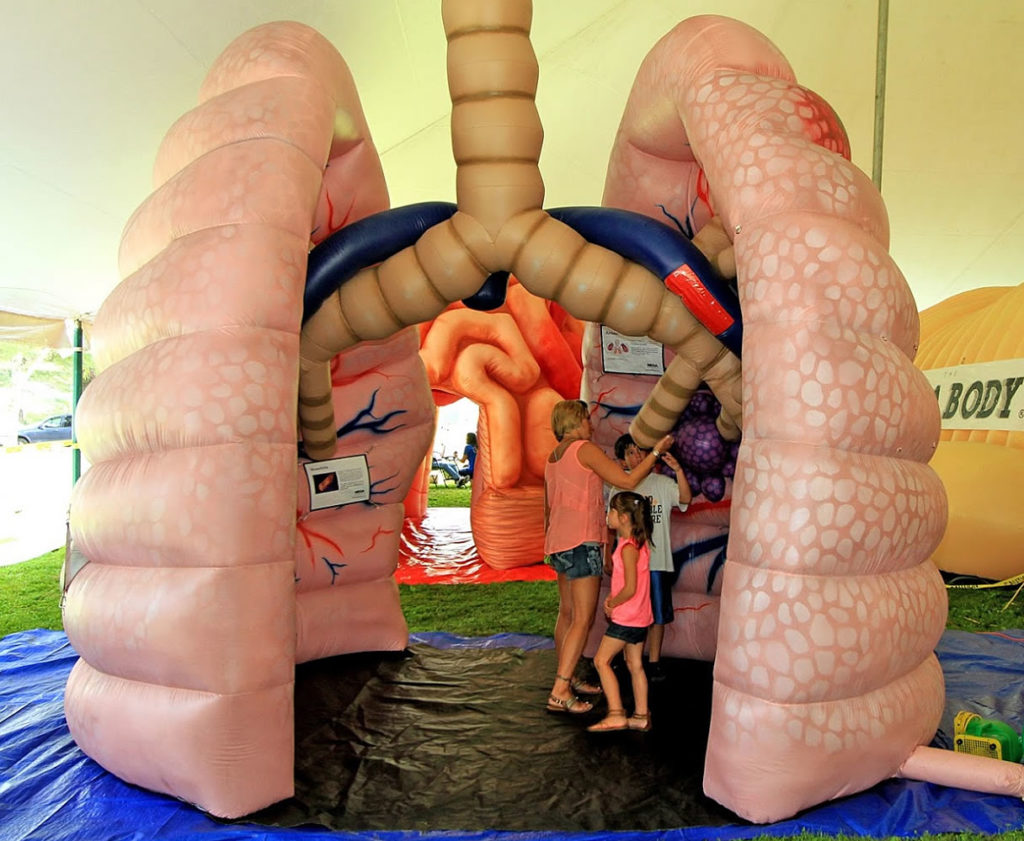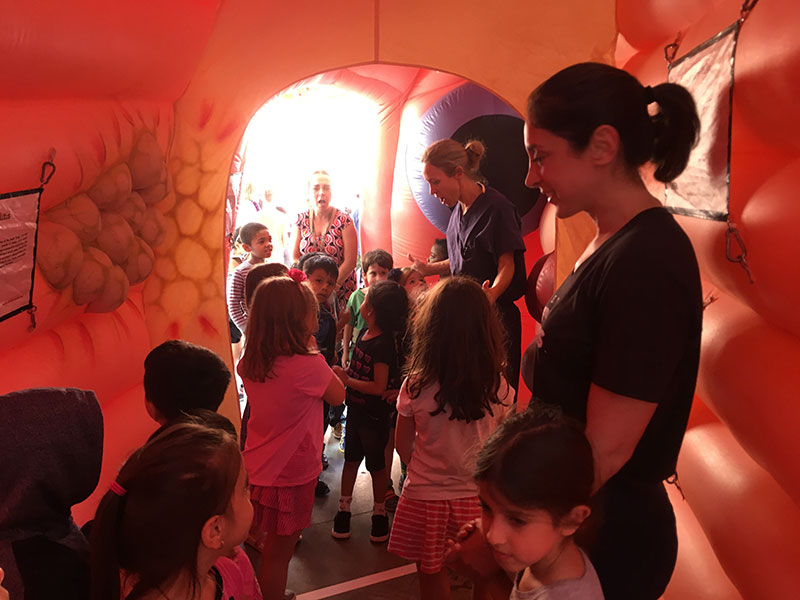Understanding the importance of health fairs and how to plan one
Health Fair Guide
Planning a health fair is an excellent way to successfully promote a health concept or medical device, engage community members, or simply teach children about their bodies. Whatever the health fair idea, health fairs - when done right - can also help you reach a number of your strategic goals. If you're thinking about planning a health fair for your business or organization, here are a few things to consider:
Why a Health Fair?
Health fairs are an essential part of education and preventative medicine. They can also facilitate early treatment of certain conditions. Health fairs not only provide general information about good health and preventative medicine, but they also often offer screenings and assessments - blood pressure or cardiovascular health - that can detect a problem and get attendees on a track to a healthier self.
Health fairs relay essential information about the human body and its functions in a fun and interactive way, making them the perfect go-to for a variety of audiences, including school-aged children from elementary to high school, college students, entire families, senior citizens and corporate employees. Health fairs are just as useful to those who are already in the medical community, such as doctors and nurses, looking for the latest and greatest medical devices or wanting to learn more about pharmaceutical innovations. Health fair volunteers and staff also reap the benefits of a health fair through first-hand exposure to the materials.
Choosing a Health Fair Theme
Health fairs can be designed around nearly all health-related themes, and can be used to raise awareness about a number of health-related topics. They can target specific audiences and also be organized with a specific objective or purpose in mind. Commonly used themes include:
How to plan a successful Health Fair?
Health fairs can be extremely beneficial, but organizing one takes plenty of planning and hard work. Here are three key steps to help ensure your event wows attendees and accomplishes your goals:
Pick A Theme
Review your organization's philosophy, zero in on your target audience, and keep your organization's culture in mind.
Make it Interactive
A health fair that isn't interactive and engaging is futile. If educational information isn't paired with fun, the audience is less likely to retain important information. An exhibit like MEGA Heart gives visitors a hands-on experience as they literally walk through the heart.
Provide Services to Increase Awareness
To truly add value for attendees, provide direct services aimed at increasing awareness about the health issue you're addressing. For example, at a health fair you might include screenings for body mass index (BMI), blood pressure, hearing, vision, blood glucose, and other health risks. These can be administered by medical technicians as appropriate.
As Seen On & Our Partners

WSJ

The Doctors

Dr. OZ

AARP

Methodist








